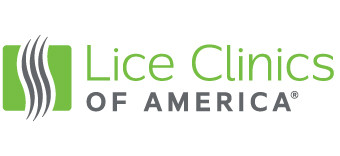
Don't Worry About These 9 Baby Ailments
We discuss nine issues that are common for babies–and when you should call your doctor.
Get kid-friendly activities sent to you!
Get the Best Family Activities
Bluish Skin Is Fine–To an Extent
A faint blue cast on your newborn’s hands or feet sounds like an alarming symptom—but it’s not necessarily a cause for worry. In fact, Dr. Janco says it’s quite common, because your baby’s body is still figuring out temperature and circulation regulation. Though, “a baby who appears blue in the face, tongue, or around the lips should prompt immediate evaluation,” Dr. Janco warns. Call your doctor or 911 if the situation does not resolve.
Heat Rash Is Treatable
Too much time in pajamas or a warm stroller can lead to heat rash, Dr. Hes says. Apply an over-the-counter baby eczema cream twice a day for a week. “If the rash spreads, let your doctor know,” she says.
Thrush Is Not an Emergency
A yeast infection known as candida, thrush is also common in newborns, Dr. Janco says. The white patches on the sides of cheeks, inner lips, or tongue can’t easily be wiped off. “Let your doctor know if you suspect thrush,” she says—it’s easily treatable and not an emergency.
Cradle Cap Happens to Many Babies
Does your baby have yellow or white crusty patches on his scalp? This benign condition is known as cradle cap or seborrhea capitis, Dr. Hes says. The biggest downside is your baby may lose some hair as it spreads. “Initially, I like to treat mild cradle cap with some olive oil on the scalp to loosen the flakes, and then comb it out with a fine baby comb,” she says. “Parents can also apply dandruff shampoo to the baby’s scalp, leave it on for two to three minutes, and rinse it, away from the baby’s eyes.” If neither of these options work, check in with your pediatrician.
Here's When You Should Call Your Doctor
Your pediatrician expects you to have concerns and questions—after all, these curious symptoms are new to you. So, “in between visits, write down questions if they can wait,” Dr. Riese advises.
When in doubt, call. And always get in touch with a doctor if your baby has a fever (any temperature above 100.3 in a newborn), Dr. Riese says. The other big warning sign: Your baby isn’t acting like herself, including not wanting to wake up, not interacting as usual, or not feeding. In these cases, contact your pediatrician immediately.








